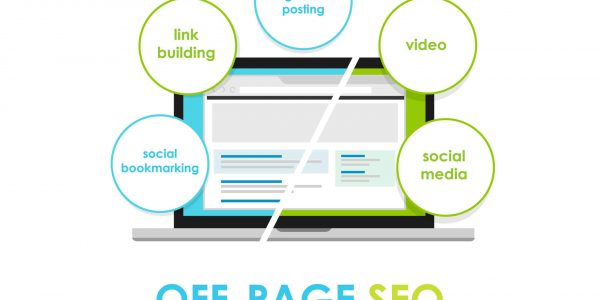Many people overlook the importance of renewing their domain name, and this can lead to costly consequences.
In this post, we will discuss the dangers of not auto-renewing or protecting your domain name and how it can make you a victim of domain poaching.
Domain Poaching vs Domain Hijacking
Domain poaching and domain hijacking are both practices related to the unauthorized acquisition of domain names, but they have different meanings.
Domain Poaching
Domain poaching refers to the practice of monitoring the expiration dates of valuable domain names and quickly registering expired domains as soon as they become available.
The goal of domain poaching is to then sell the domain back to the original owner at a much higher price than the original registration fee.
Domain poaching is often carried out by domain resellers or competitors, and it can be an unethical and predatory practice.
Domain Hijacking
On the other hand, domain hijacking is a type of cyber attack where an unauthorized person or entity takes control of a domain name without the owner’s consent.
The attacker gains access to the owner’s domain registrar account or email account associated with the domain and changes the domain’s registration information, locking the owner out of their own domain.
The goal of domain hijacking is often to use the domain for malicious purposes, such as redirecting traffic to other websites or launching phishing attacks.
Tips to Protect Your Domain From Being Taken Hostage
If you want to protect your domain name from being taken hostage, there are several steps you can take to increase its security.
Enable two-factor authentication
Two-factor authentication adds an extra layer of security to your domain name account. It requires you to provide two forms of identification (e.g., a password and a security token) to access your account. This makes it more difficult for hackers to gain access to your account and steal your domain name.
Use a strong and unique password
A strong and unique password can help prevent hackers from gaining access to your domain name account. Make sure your password is at least eight characters long and includes a mix of letters, numbers, and symbols. Avoid using common words or phrases that can be easily guessed.
Keep your contact information up to date
Keeping your contact information up to date is crucial in case you need to recover your domain name. Make sure your email address and phone number are current, and check them regularly to ensure you don’t miss any important notifications.
Monitor your domain name regularly
Regularly monitoring your domain name for any suspicious activity can help you detect and prevent domain hijacking. Check your domain name registration details, DNS settings, and website content to ensure everything is as it should be.
Use privacy protection
Privacy protection hides your personal contact information from the public Whois database, making it more difficult for hackers to find and target your domain name.
Use a reputable registrar
Choosing a reputable registrar can help ensure that your domain name is secure. Look for a registrar that offers security features like two-factor authentication, domain locking, and domain recovery.
Key Takeaways
Whether it’s domain poaching or domain hijacking, both scenarios are can impact your business financially. By following these tips, you can help protect your domain name from being taken hostage and ensure that your online presence remains secure.







